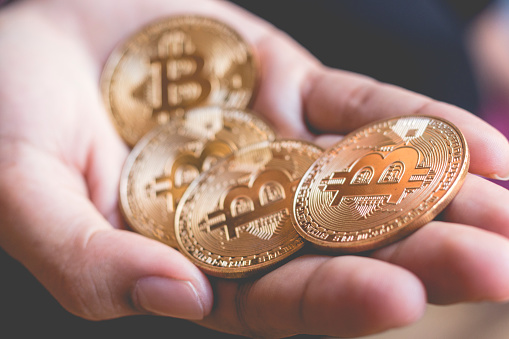Give me bitcoin or your life. Seriously?
The people behind a rash of bomb threats made across the United States and Canada on Thursday demanded a $20,000 ransom to be paid in bitcoin. Authorities said none of the threats – emailed to hundreds of businesses, public offices and schools – appeared credible.
Frankly, the perpetrators would have been better off asking for Turkish lira.
Bitcoin and other cryptocurrencies have long been a favorite ransom tender for cyber criminals thanks to the currencies’ anonymous nature. U.S. cyber security firm Chainalysis estimates that from 2012 through 2017, global ransom payments using bitcoin totaled at least $31 million.

Anonymity aside, of course, the big appeal was an incredible run-up in bitcoin’s value over that time. It shot from $5 a coin at the start of 2012 to nearly $20,000 at this time last year, according to data from Bitstamp, one of the larger bitcoin exchanges.
Today? Not so hot.
Bitcoin on Thursday was trading at around $3,250, down more than 80 percent from its record high. In the last three months alone it has plunged 50 percent.
Even the currencies of some crisis-hit economies like Turkey have done better: The lira is up 30 percent since August. -Reuters
- Gertrude Chavez-Dreyfus and Anna Irrera
READ MORE | Cryptopia In Crisis: Joe Lubin’s Ethereum Experiment Is A Mess. How Long Will He Prop It Up?
